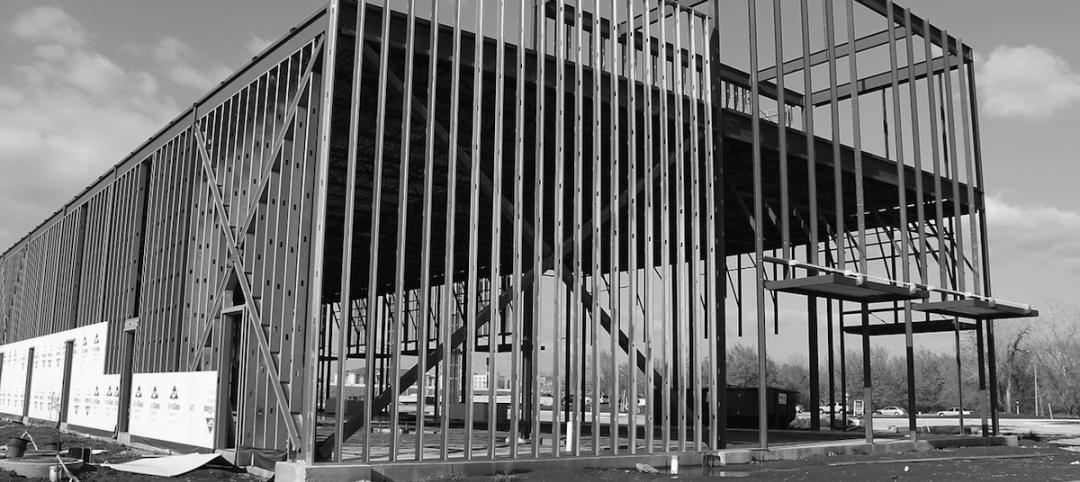The quality of infrastructure in the U.S. ranks just 19th in the world, trailing countries such as Oman, Portugal, and Spain, according to the World Economic Forum’s Global Competitiveness Report. Financially strapped state and local governments are responsible for the poor showing.
The American Society for Civil Engineers (ASCE)gave the U.S. a D+ in its annual Infrastructure Report Card, saying the country needs to invest $3.6 trillion by 2020 to upgrade our infrastructure. Infrastructure spending continues to lag, even while the economy adds jobs, GDP continues to grow, and home sales rebound following the recession.
States, counties, and cities, which are primarily responsible for funding schools, roads, waste disposal facilities, and other community assets, are focused on paying down debt and don’t have the money for a needed infrastructure spending spree. In the last few years, the bond markets have issued few notes for new capital projects despite historically low interest rates, according to the Securities Industry and Financial Markets Association. Much of the current municipal bond issuance appears to be refinancing.
In addition, with the federal government’s Highway Trust Fund expected to run out of money in August unless Congress replenishes it, many state transportation projects are in limbo.
(http://fivethirtyeight.com/features/why-we-still-cant-afford-to-fix-americas-broken-infrastructure/)
Related Stories
Codes and Standards | Jun 24, 2015
Balcony collapse in Berkeley, Calif., prompts an examination of codes
Dry rot and too much weight appear to be the causes of a fatal accident at an eight-year-old building in Berkeley, Calif.
Codes and Standards | Jun 18, 2015
Guides to wood construction in high wind areas updated
The guides establish prescriptive, wind-resistive structural requirements for wood-frame buildings of different sizes and shapes.
Codes and Standards | Jun 18, 2015
New document addresses school safety and security
In an effort to balance security and fire safety features within codes, standards and planning, NFPA hosted a two-day workshop, “School Safety, Codes and Security”, last December. The findings are now available in an NFPA report.
Codes and Standards | Jun 18, 2015
Two myths regarding NFPA 101 Life Safety Code debunked
NFPA life safety engineer Ron Coté settles the debate over second egress doors and exit signs.
Codes and Standards | Jun 18, 2015
How to prevent corrosion in sprinkler system piping
The technical committees responsible for NFPA 13, Installation of Sprinkler Systems, have been looking at ways to eliminate or reduce corrosion in sprinkler systems for several revision cycles.
Codes and Standards | Jun 11, 2015
Steel Framing Alliance updates ‘Thermal Design and Code Compliance for Cold-Formed Steel Walls’ design guide
Includes results of new tests and addresses IECC and ASHRAE compliance paths.
Codes and Standards | Jun 11, 2015
Helena, Mont., may charge commercial developers a fee to fund public art
The fee would apply to new construction or alteration of nonresidential buildings of at least 20,000 sf.
Codes and Standards | Jun 11, 2015
DBIA releases new document on choosing a project delivery method
Provides owners and others with factors to consider when choosing the best method of delivery for their project.
High-rise Construction | Jun 5, 2015
Japanese policymakers discuss mandate for toilets in elevators
This quirky-sounding building code is a safety measure for the earthquake-prone nation.
Codes and Standards | Jun 4, 2015
OSHA publishes guide to restroom access for transgender workers
The guide advises employers to allow employees to use restrooms that correspond to their gender identity.















